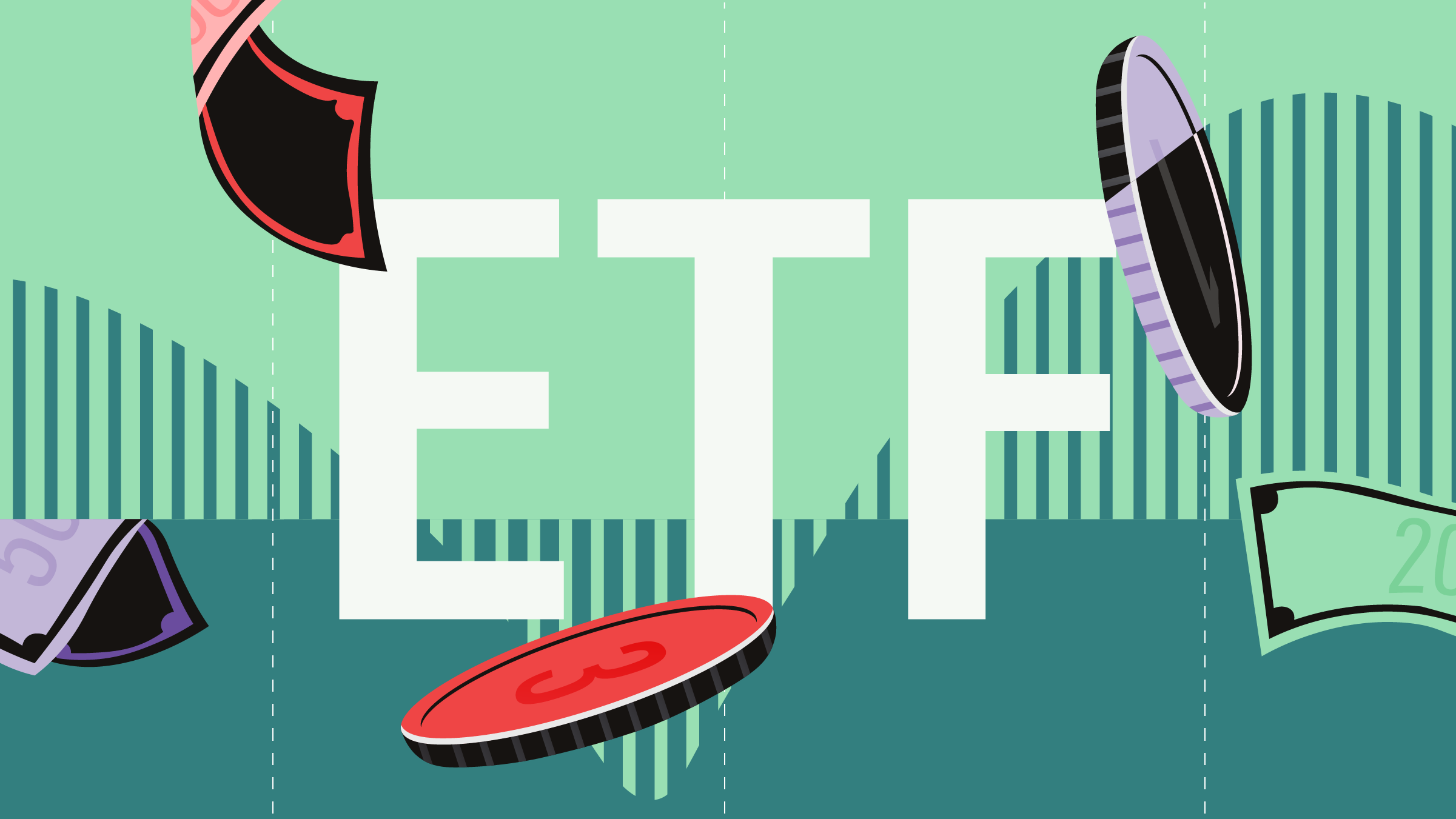Christian Charest: For Morningstar, I'm Christian Charest. Exchange-traded funds have been growing at a pace that far exceeds that of traditional mutual funds for the past decade and new funds continue to be launched almost on a daily basis. But how much is too much? With me to discuss this trend in the ETF industry and what it means for investors is Mark Noble, Senior Vice President of ETF Strategy at Horizons ETFs.
Mark, thanks for joining us.
Mark Noble: Great to be here, Christian.
Charest: So, at last count according to the Canadian ETF Association, there were 28 ETF companies in Canada and 615 distinct mandates. Those numbers are as of July 31 so they have no doubt increased since then. Is this too much for our market?
Noble: Yeah, I think, the number is actually probably closer to about 725 now. And as much as it pains me to say this, yeah, there probably are too many ETFs in Canada now. And the reason for that is pretty simple. Now, we are not a massively large market. And I think when I talk about ETFs being too many ETFs, I'm talking about a market which is only about one-tenth the size of the United States, but we are launching three times as much product. And I think that at a certain point we are going to reach an area where a lot of the new products that are being launched, it's going to be a small percentage of them that are going to achieve an asset threshold that makes them profitable.
Charest: Everyone seems to agree that there's a lot of room for assets to grow, but we seem to have reached the peak as far as the growth in the number of providers and the number of products.
Noble: Yeah. I really do think so. And you see it already in the flows. Really right now, the flows are, kind of, going to the top 10 providers and probably about 85% is going to the top four or five providers. And that's just because these are established businesses that have established distribution networks in selling ETFs and track records. So, what we saw over the last two years was a big movement towards ETFs -- over 20% annualized growth. But this year, we have seen that really slow down and that's because that big movement that occurred, particularly in the retail channel with advisors moving to fee-based advising, that's really already happened. So, a lot of the stakes that were put into the ground by established providers, that's where people are generally putting their money because there's a proven quantity there.
Charest: Now, the top four companies in Canada control about 85% of assets and a lot of the smaller ETF providers actually have less than $100 million in assets. What challenges do these smaller companies face?
Noble: We have a saying in the ETF industry that volume begets volume. And even though volume is never a great determinant in buying an ETF, we know that when we look at surveys and decision-making for investors, they look at asset size and volume as the two really big indicators of whether they want to buy an ETF.
So, because again, we have a highly saturated market, if you have the S&P 500, for example, I think there's like 12 to 13 ETFs that just cover S&P 500 Index. So, if I'm an investor, which one do I choose to buy. Well, I have got 12 of them in front of me and what they tend to do is go with obviously the popularity. So, if I'm a new ETF provider and I don't have establishment of distribution and I don't have a track record, then it's going to be extremely difficult. I'm not saying it's impossible. There's going to be some new ETFs that obviously catch lightening in a bottle and are successful, but it's very hard for them to build new asset growth without having something either very innovative or interesting from a performance perspective.
Charest: So, what's likely to happen then to these smaller companies that have like $50 million or $100 million in assets that aren't quite making it?
Noble: Well, in some ways, they are probably going to languish or look at fairly low-dollar acquisitions by larger providers. So, ultimately, I think, we will probably cap it around 1,000 ETFs is my guess. I think there's going to be more launches coming. I think there's going to be more providers coming, too. We could see 35 providers. But within two years, I would anticipate that you would start to see a wave of consolidation. You will see some of the smaller providers have to probably pull up shop. Maybe some of them get to sell to another company at a profit. But at a certain point, we'll probably see a contraction of ETF providers. If I had to put a number on it, probably in the range of 20 to 25 providers.
Charest: So, what about investors? One would think that for an investor having more choice would be a positive. But if some of those companies aren't going to be around for much longer, what's the worst-case scenario that can happen for an investor if things don't go well for some of those smaller companies?
Noble: That's a great question, Christian. I think we really have to highlight here that, if there's one takeaway from this conversation, it's that if you find the right ETF regardless of whether it has $10, $10 million or $1 billion in it, go for that ETF. The one beautiful thing about the technology of ETFs is they are open-ended investment technology, which means that they can always build new units. It's the underlying strategy that really counts. So, you don't need to really be worried as an investor about your ETF closing. If it ends up being an ETF that you buy and nobody else does, and it closes, at the very worst, you are going to get the mark-to-market value of the underlying securities.
So, if we're going to really see growth and choice in the ETF industry, we do need people to actually be going out there and trying some of these new strategies and finding things that work for them. So, I will say this. Don't let the assets or the volume of an ETF determine whether you purchase an ETF. We know that a lot of consumers and investors do that. But certainly, if you find the right ETF for you, that's the one you should probably purchase.
Charest: Good advice. Thank you very much, Mark.
Noble: My pleasure as always.
Charest: For Morningstar, I'm Christian Charest. Thank you for watching.

















